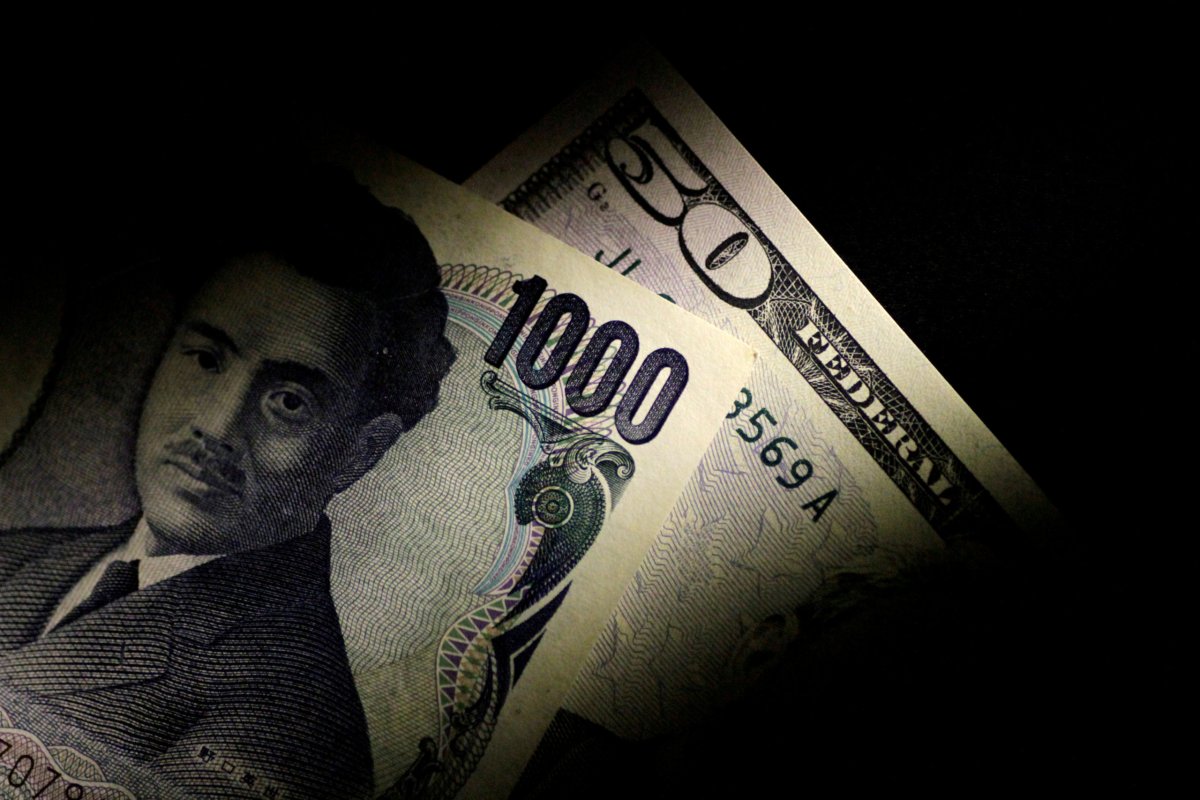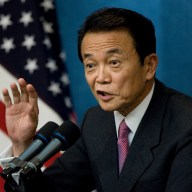By Masayuki Kitano
SINGAPORE (Reuters) – The dollar held steady versus the yen on Tuesday, supported by receding fears about a trade war stemming from U.S. President Donald Trump’s proposed tariffs on imported steel and aluminum.
The dollar had tumbled to 16-month lows against the safe-haven yen late last week as concerns about a trade war gripped markets after Trump announced his plan for steel and aluminum tariffs.
Jitters have eased this week, however, as pressure to back off from plans to implement new tariffs grew and as market participants came to view Trump’s proposed tariffs more as a negotiating tactic than a hard policy proposal.
“There is some relief and a shift to some risk-taking,” said Teppei Ino, an analyst for Bank of Tokyo-Mitsubishi UFJ in Singapore.
The dollar’s bounce against the yen, however, was still too moderate to suggest that a downtrend seen over the past couple of months had come to an end, Ino said.
The dollar held steady on the day at 106.22 yen The yen showed limited reaction after Bank of Japan Governor Haruhiko Kuroda said on Tuesday there were downside risks to the central bank’s projection that inflation would reach its 2 percent target around the fiscal year ending in March 2020. Speculation regarding when the BOJ, which has significantly lagged its peers in moving toward policy normalization, would explore an exit from its easy policy has been one of the key themes impacting the yen in the past few months. The yen had risen last week after Kuroda on Friday flagged for the first time the prospect of an exit from accommodative policy if his inflation target was met.
Investors are now waiting for further news regarding the tariffs proposed by Trump, said Heng Koon How, head of markets strategy for United Overseas Bank in Singapore.
“There’s a slight relief rally in the equities market and risk appetite. Going forward we have to assess the risk accordingly, depending on how the news flow is,” Heng said.
The Canadian dollar nursed its losses, having set an eight-month low on Monday after Trump used proposed tariffs on steel and aluminum as a bargaining chip in talks to revamp NAFTA.
The Canadian dollar last stood at C$1.2980 per U.S. dollar. On Monday, the Canadian dollar had set a low of C$1.3002, its weakest since July last year.
The euro edged up 0.1 percent to $1.2347 Two anti-establishment leaders made early plays to govern Italy on Monday, following an inconclusive election where voters shunted mainstream parties to the sidelines.
The negative impact on markets from Italy’s election results, was somewhat offset by Germany’s Social Democrats agreeing to join Chancellor Angela Merkel’s conservatives, ending a period of uncertainty in Europe’s biggest economy. The Australian dollar edged up 0.1 percent to $0.7770 (Reporting by Masayuki Kitano in SINGAPORE; Editing by Sam Holmes and Jacqueline Wong)



















